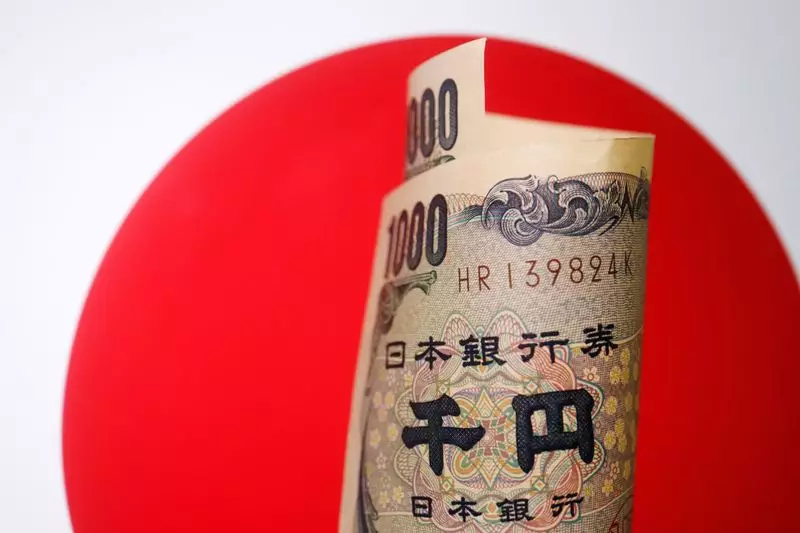The recent decline in the value of the Japanese yen has raised concerns among financial authorities in Japan. Finance Minister Shunichi Suzuki highlighted the importance of analyzing not just the recent movements in the yen but also the underlying factors that are driving these shifts. He emphasized that Tokyo is prepared to take action in response to any excessive currency fluctuations that may occur.
Finance leaders from the Group of 20 major economies are scheduled to meet in Washington D.C. next week during the spring International Monetary Fund meetings. The topic of currency movements is likely to be on the agenda for discussion. Suzuki’s comments indicate that policymakers are mindful of the potential impact that a weak yen can have on the Japanese economy. While a weaker currency can have certain benefits, such as boosting exports, it also poses challenges, particularly in terms of inflation and consumer purchasing power.
Suzuki stressed the importance of exchange rates moving in a stable manner that reflects economic fundamentals. He expressed disapproval of excessive volatility in the currency markets, stating that it is undesirable. The finance minister made it clear that if currency movements become too extreme, Japan is prepared to take appropriate measures to address the situation. This includes the possibility of intervention in the foreign exchange market to prevent the yen from depreciating further.
One of the key concerns raised by the weakening yen is the impact it has on the cost of importing essential commodities such as fuel and raw materials. This can lead to higher prices for consumers, putting pressure on retailers and households. The Japanese government is faced with the difficult task of balancing the benefits of a depreciated currency with the negative consequences it brings to the overall economy.
The decline in the yen’s value also complicates the decision-making process for the Bank of Japan regarding interest rates. The central bank must carefully consider the timing of any future rate hikes in light of the currency movements and their potential impact on inflation and economic stability. Analysts anticipate that the Bank of Japan may implement a rate increase later this year, but the situation remains fluid and subject to change based on market conditions.
The recent yen declines have brought both opportunities and challenges for the Japanese economy. While a weaker currency can support export competitiveness, it also presents risks in terms of inflation and import costs. Financial authorities in Japan are closely monitoring the situation and are prepared to take action as needed to maintain stability in the foreign exchange market.

